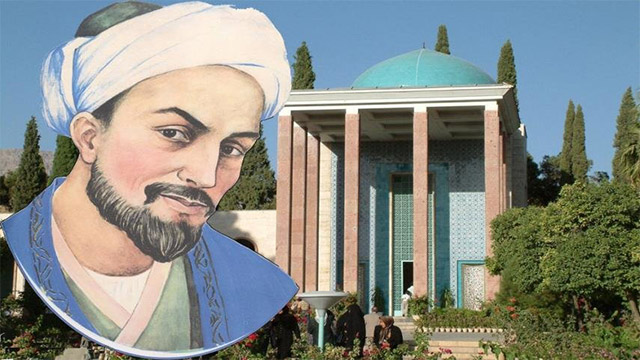Live
فارسی
عربي
ورود از طریق شبکه های اجتماعی
- استفاده مختص کاربران دارای هویت واقعی محرز شده نزد این پایگاه میباشد.
- این سایت در ستاد ساماندهی و بخش جرائم رایانهای دادگستری به ثبت رسیده است.
- گزارش تخلفات احتمالی این سامانه توسط کاربران الزامی می باشد
- کاربران باید طبق قوانین این سامانه که برگرفته از قوانین جرائم رایانه ای می باشد فعالیت کنند
- نام کاربری شما تکراری می باشد


 According to Hua, the bronze bust had been presented by the municipality of the southern Iranian city of Shiraz, where Sa’adi’s tomb is located.
According to Hua, the bronze bust had been presented by the municipality of the southern Iranian city of Shiraz, where Sa’adi’s tomb is located.





